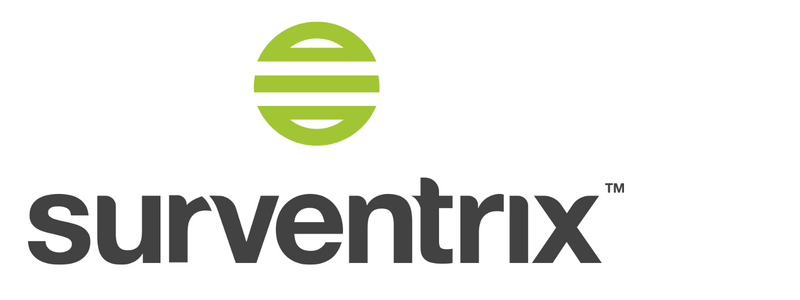RICS 2024 Annual Review: A Digital Leap for the Built Environment
The Royal Institution of Chartered Surveyors (RICS) has released its 2024 Annual Review, and for professionals working at the crossroads of technology and the built environment, the message is clear. The industry is evolving rapidly, and RICS is positioning itself as a global leader in that transformation.
As a software specialist focused on enabling innovation in construction and property, we see this review as more than a yearly summary. It marks a shift in how the industry values data, sustainability, and digital engagement.
Membership Milestone and Professional Trust
RICS membership in the UK has now surpassed 100,000 for the first time. This figure is not just symbolic; it confirms that the institution remains highly relevant in a world that demands adaptability and leadership. Globally, RICS welcomed over 7,600 new members, the highest annual increase since 2017.
Even more encouraging is the fact that 76 percent of industry professionals express confidence in the expertise and professionalism of RICS members. This level of trust helps technology providers like us integrate more seamlessly into workflows, knowing that we are working with professionals who value standards and continuous improvement.
Leading on Sustainability with Measurable Impact
Sustainability was a central theme in the review. The standout development is the growing adoption of the Whole Life Carbon Assessment for the Built Environment, RICS’s flagship sustainability standard. From a software development perspective, this standard is critical. It allows us to design tools that support consistent carbon measurement practices across projects and geographies.
When organisations such as the UK Government, Welsh Government, DEFRA, and Queen’s University Belfast begin to rely on a unified carbon metric, the result is greater clarity for all stakeholders. This also means increased demand for digital solutions that can automate compliance and reporting.
Engagement and the Rise of Hybrid Participation
More than 23,000 members and stakeholders engaged with RICS through events, consultations, and learning opportunities in 2024. The delivery of 500 hybrid events across 50 countries highlights an ongoing shift in how professionals connect and share knowledge.
Hybrid engagement is no longer just a convenience. It is becoming the standard. This motivates us to continue building digital platforms that are accessible, responsive, and built for collaboration across time zones and disciplines.
Embedding DEI in Professional Practice
RICS also launched its first global Diversity, Equity and Inclusion (DEI) strategy this year. The creation of a dedicated DEI forum and integration of inclusive practice into the Rules of Conduct signals a strong commitment to equity within the profession.
This shift has implications for the tools we build. Inclusive design, accessible interfaces, and fair data practices are no longer optional. They are now expected by professionals who see inclusivity as a core competency.
A Global Voice in Sustainability Policy
RICS made its presence felt on the international stage in 2024, with contributions to COP29 and the Buildings and Climate Global Forum. Advocating for harmonised approaches to decarbonisation is more than policy—it is about making complex environmental goals operational. As technology providers, our role is to translate these goals into usable features, clear dashboards, and measurable outcomes.
Looking Ahead: Digital Tools for a Sustainable Future
As the review outlines priorities in housing, climate resilience, infrastructure, and the skills gap, it is clear that RICS intends to continue leading. For those of us working in proptech and construction software, this leadership is both a validation and a challenge.
Our tools must support sustainable development, empower a diverse workforce, and make complex data actionable. If 2024 was about setting new benchmarks, then 2025 must be about scaling those gains and deepening the impact.

